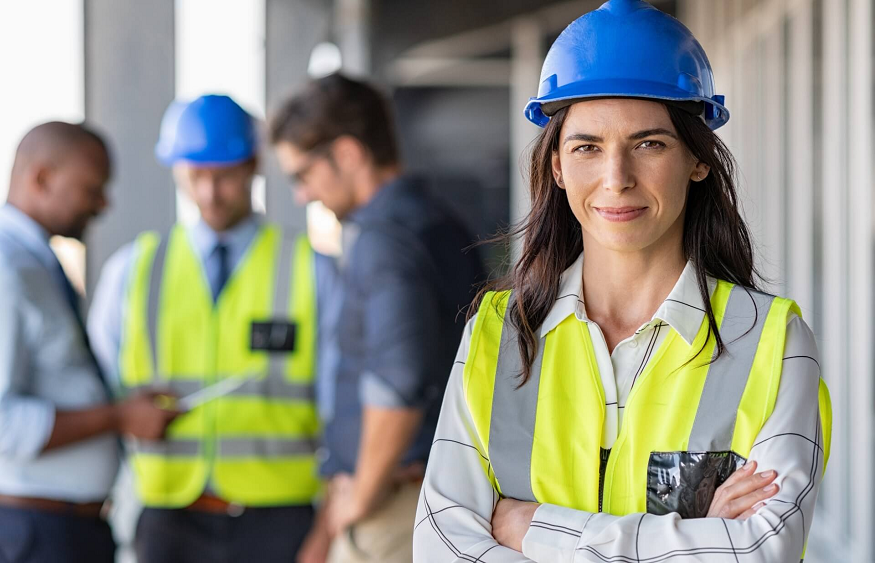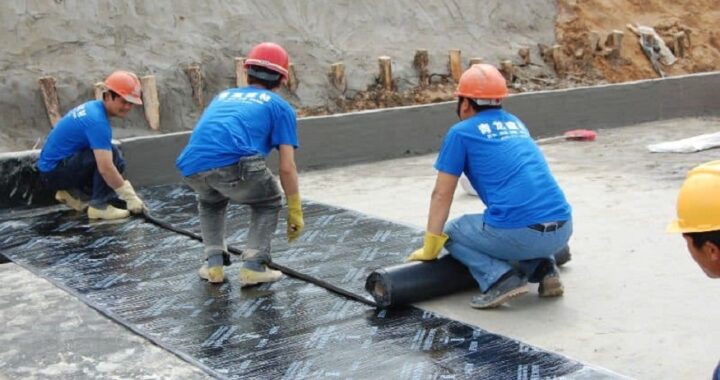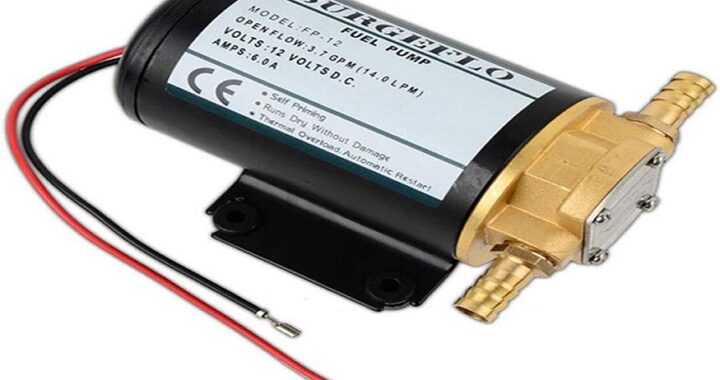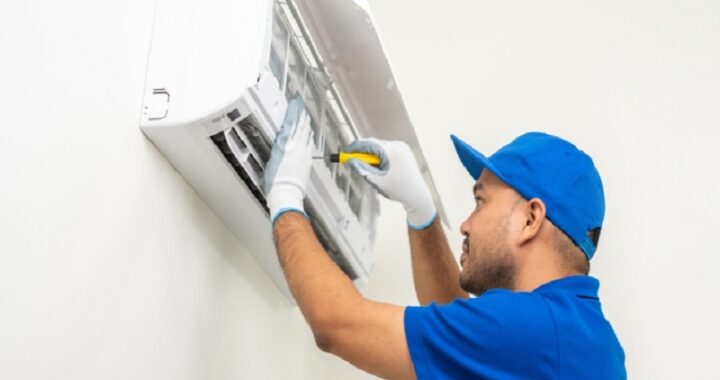Ensuring Construction Safety In Texas: The Importance Of Expansive Clay Soil Testing

Expansive clay soil is a significant problem for construction and home improvement in Texas. Expansive clay soil has the potential to cause severe damage to structures, including cracked foundations, walls, and floors. To prevent these issues, builders and contractors must conduct expansive clay soil testing Texas.
What Is Expansive Clay Soil?
Expansive clay soil is soil that contains a significant amount of clay minerals. When this type of soil is exposed to moisture, it absorbs water and swells. When the soil dries out, it shrinks. This swelling and the shrinking process can cause significant damage to any structure built on top of it.
Why Is Expansive Clay Soil Testing Necessary?
Expansive clay soil is prevalent in Texas, so any new construction or home improvement project will likely encounter this type of soil. To prevent damage to the structure, builders, and contractors must conduct expansive clay soil testing before construction begins.
Expansive clay soil testing Texas has is necessary to determine the soil’s properties, such as the number of clay minerals and the soil’s potential for expansion and contraction. With this information, builders and contractors can develop a construction plan that considers the soil’s characteristics, preventing damage to the structure.
How Is Expansive Clay Soil Testing Conducted?
Expansive clay soil testing Texas has, is conducted by taking soil samples and subjecting them to various laboratory tests. The soil samples are analyzed to determine their mineral composition, the amount of water the soil can hold, and the amount of swelling and shrinking the soil is likely to experience.
One of the most common tests for expansive clay soil is the Atterberg limits test. This test determines the soil’s plasticity and helps to predict how much the soil will expand or contract when exposed to moisture. Other tests may be conducted include the soil suction test, which measures the soil’s ability to absorb water, and the triaxial shear test, which measures the soil’s shear strength.
In addition to preventing damage to structures, conducting expansive clay soil testing in Texas can also save builders and contractors time and money in the long run. If expansive clay soil is not detected before construction, it can lead to costly repairs and delays in the construction timeline. By conducting testing before construction begins, builders and contractors can address potential issues in the planning stage, preventing expensive repairs and delays later. Overall, expansive clay soil testing is an essential step in any construction or home improvement project in Texas, ensuring the longevity and safety of the structure.
Conclusion
The Expansive clay soil testing Texas has, is a crucial step in any construction or home improvement project. By identifying the soil’s properties, builders and contractors can develop a construction plan that considers the soil’s characteristics, preventing damage to the structure.
Expansive clay soil testing is conducted by taking soil samples and subjecting them to various laboratory tests, including the Atterberg limits, soil suction, and triaxial shear tests. With this information, builders and contractors can select appropriate building materials and techniques to prevent damage from expansive clay soil.

 Green Thumbs And Professional Tools: The Growing Importance Of Lawn Care Services
Green Thumbs And Professional Tools: The Growing Importance Of Lawn Care Services  Reasons to Choose a 3 BHK Fully Furnished Flat for Rent
Reasons to Choose a 3 BHK Fully Furnished Flat for Rent  The Convenience of Same-Day Dry Cleaning: 10 Benefits You Should Know
The Convenience of Same-Day Dry Cleaning: 10 Benefits You Should Know  The Complete Guide to Brick Bat Coba Waterproofing Techniques
The Complete Guide to Brick Bat Coba Waterproofing Techniques  The Future of Gear Oil Pumps: Advancements in Design and Technology
The Future of Gear Oil Pumps: Advancements in Design and Technology  How Do Dubai AC Repair and HVAC Services Provide Maximum Comfort and Efficiency in the UAE?
How Do Dubai AC Repair and HVAC Services Provide Maximum Comfort and Efficiency in the UAE?  How a Healthy Living App Fits Modern Life
How a Healthy Living App Fits Modern Life  Reasons To Improve Call Connect Rate
Reasons To Improve Call Connect Rate  Motor Coach Service for Corporate Retreats: A Smart and Comfortable Choice
Motor Coach Service for Corporate Retreats: A Smart and Comfortable Choice  Importance of F & I Training Solutions
Importance of F & I Training Solutions